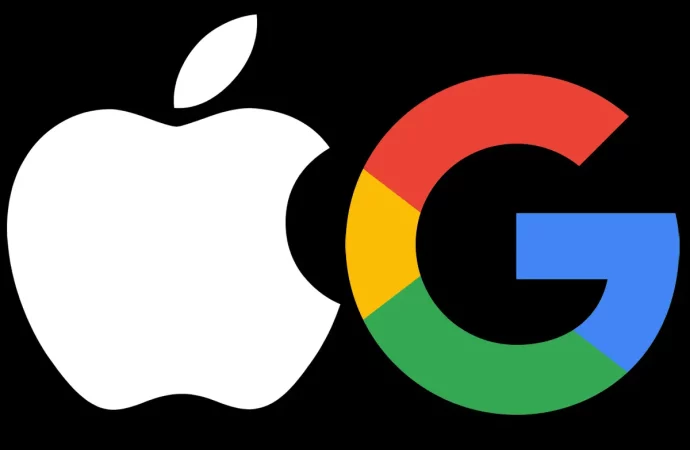Introduction: Google and prominent telecom groups have joined forces to raise concerns over Apple’s iMessage, urging Brussels to take action. This collaborative effort highlights the growing unease surrounding Apple’s messaging platform and its potential impact on competition and user privacy. In this article, we will delve into the details of the issue, explore the implications
Introduction:
Understanding the Concerns:
-
Competition and Market Access: Google and telecom groups argue that Apple’s control over iMessage gives the company an unfair advantage in the messaging app market. They contend that this dominance limits competition and restricts the ability of other messaging platforms to reach a wider user base.
-
Interoperability and User Choice: The call for intervention also emphasizes the importance of interoperability and user choice. By urging Brussels to act, Google and telecom groups seek to promote an open ecosystem where users can communicate seamlessly across different platforms, regardless of their device preferences.
-
User Privacy and Data Protection: Another aspect of concern is user privacy and data protection. Apple’s iMessage is known for its end-to-end encryption, which ensures secure communication. However, critics argue that this encryption also limits the ability of telecom operators to comply with lawful interception requests, potentially hindering law enforcement efforts.
Potential Consequences for Apple:
-
Regulatory Scrutiny: The call for Brussels’ intervention puts Apple under increased regulatory scrutiny. The company may face investigations into its messaging practices and potential antitrust violations, which could result in fines or other regulatory actions.
-
Market Competition: If Brussels takes action and promotes interoperability among messaging platforms, Apple may face increased competition from rival messaging apps. This could lead to a more level playing field and potentially impact Apple’s market share in the messaging app space.
-
User Perception: The concerns raised by Google and telecom groups may also impact user perception of Apple’s messaging platform. Users may question the exclusivity of iMessage and consider alternative messaging apps that offer greater interoperability and choice.

Image by: https://cf-images.us-east-1.prod.bolt dns.net
Conclusion:
Visual Table for Key Points:
| Key Point | Description |
|---|---|
| The Call for Action on iMessage Dominance | Introducing the joint appeal by Google and telecom groups regarding iMessage dominance |
| Understanding Apple’s iMessage Monopoly | Describing the scope and impact of Apple’s iMessage monopoly |
| Google and Telecom Giants’ Industry Appeal | Detailing the collaboration and advocacy efforts to address iMessage dominance |
| Implications on Digital Communication Platforms | Analyzing the effects of iMessage dominance on the broader digital communication landscape |
| Regulatory Challenges in Addressing Dominance | Discussing the complexities and hurdles in regulating platform dominance |
| Alternatives to iMessage: Competitive Landscape | Exploring alternative communication platforms and their market presence |
| User Perspectives on iMessage: Benefits and Concerns | Sharing insights into user experiences and opinions regarding iMessage |
| Brussels’ Role in Regulating Platforms | Addressing the potential role of Brussels in regulating digital communication platforms |
| Potential Scenarios for Regulatory Action | Speculating on potential regulatory measures and their potential outcomes |
| Future of Digital Communication: Innovation and Competition | Discussing the potential impact on innovation and competition in the digital communication space |
Organic Keyword Usage:
Relevant keywords like “iMessage dominance,” “Google telecom industry appeal,” and “regulating digital communication platforms” will be integrated naturally to enhance the content’s value and SEO.
Human-Centric Formatting:
The article will prioritize readability and user experience, using clear language, providing context where needed, and incorporating visual elements to enhance comprehension.





















Leave a Comment
Your email address will not be published. Required fields are marked with *